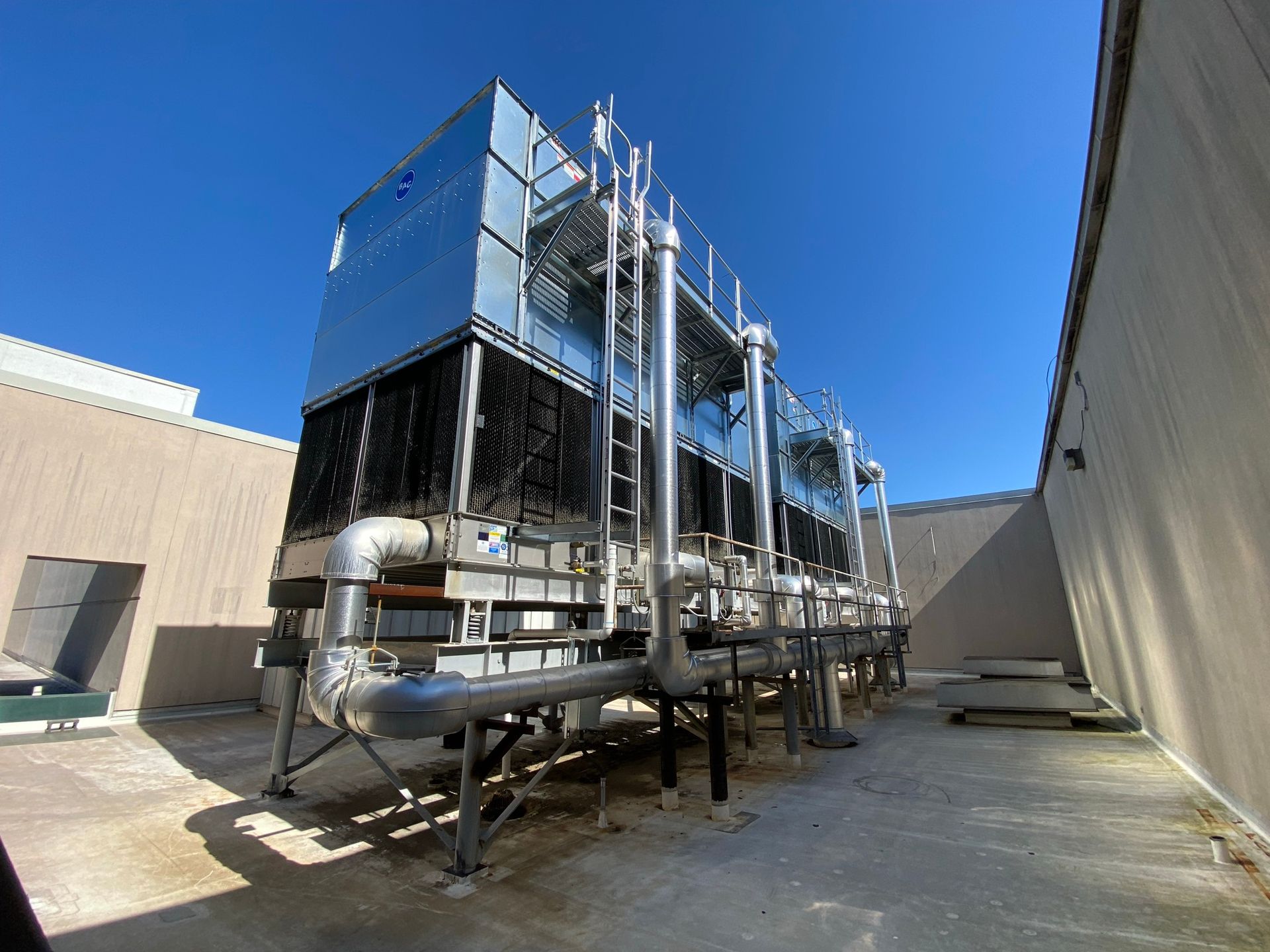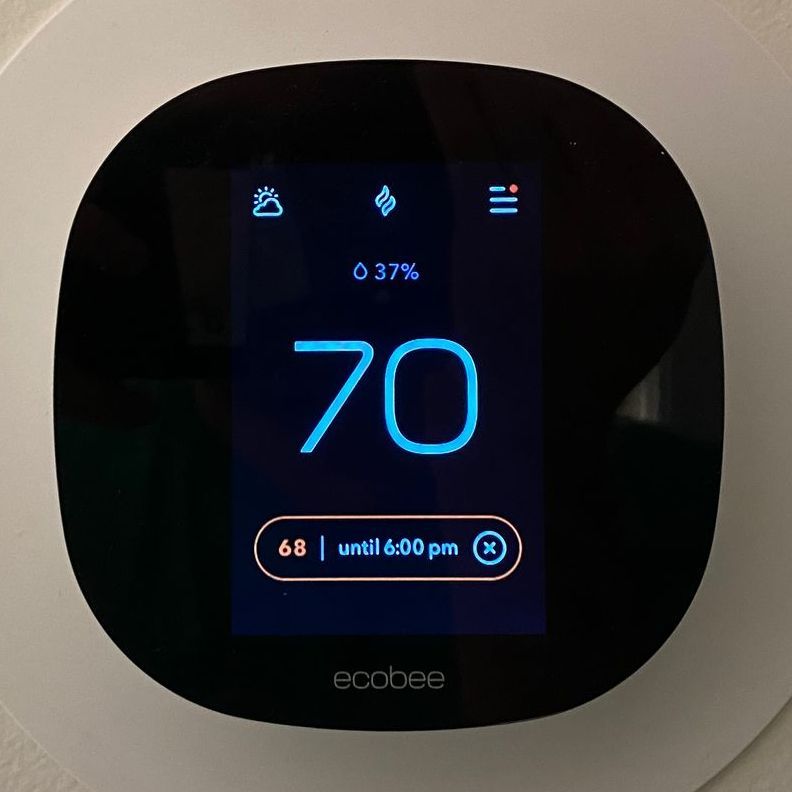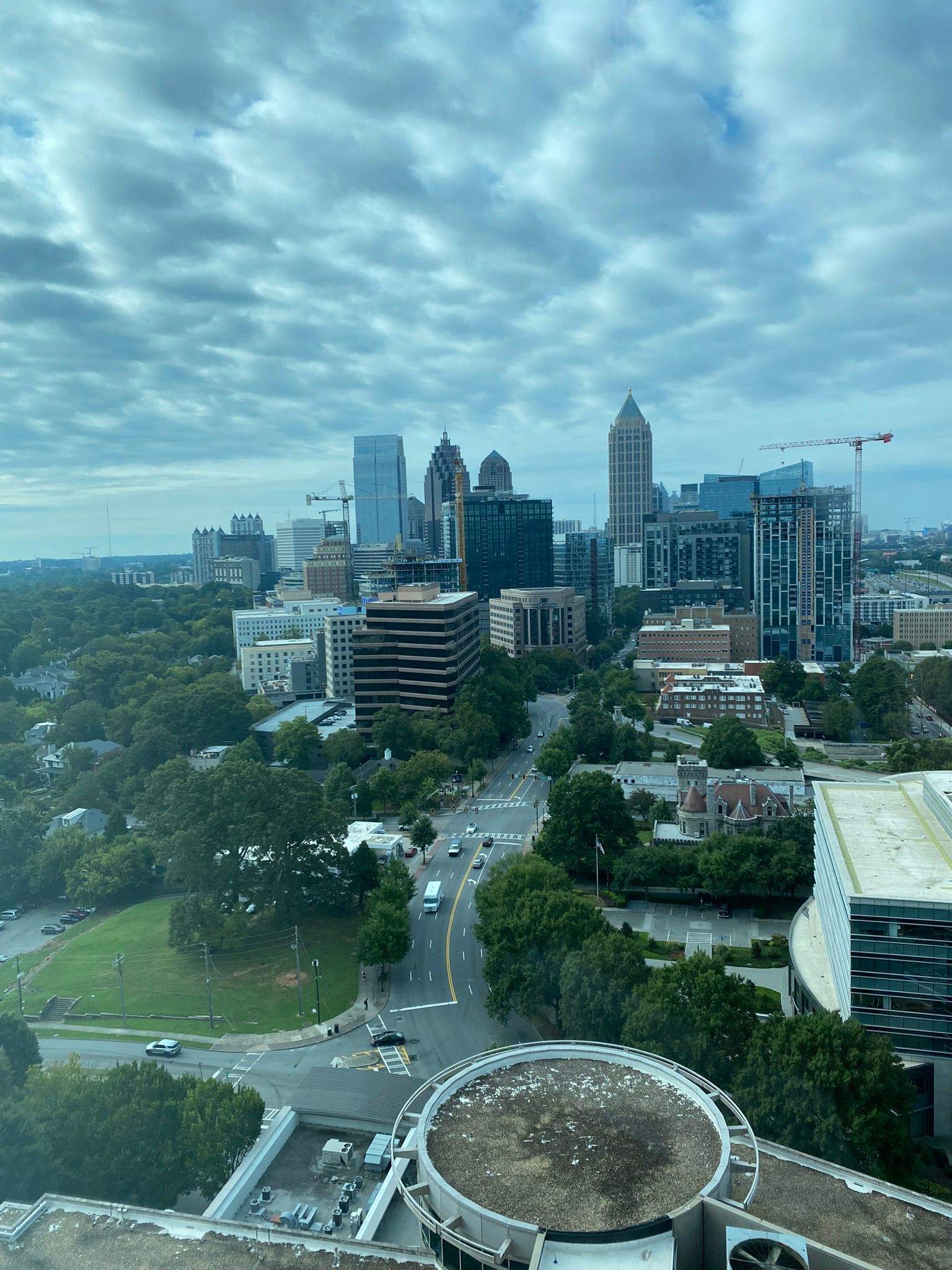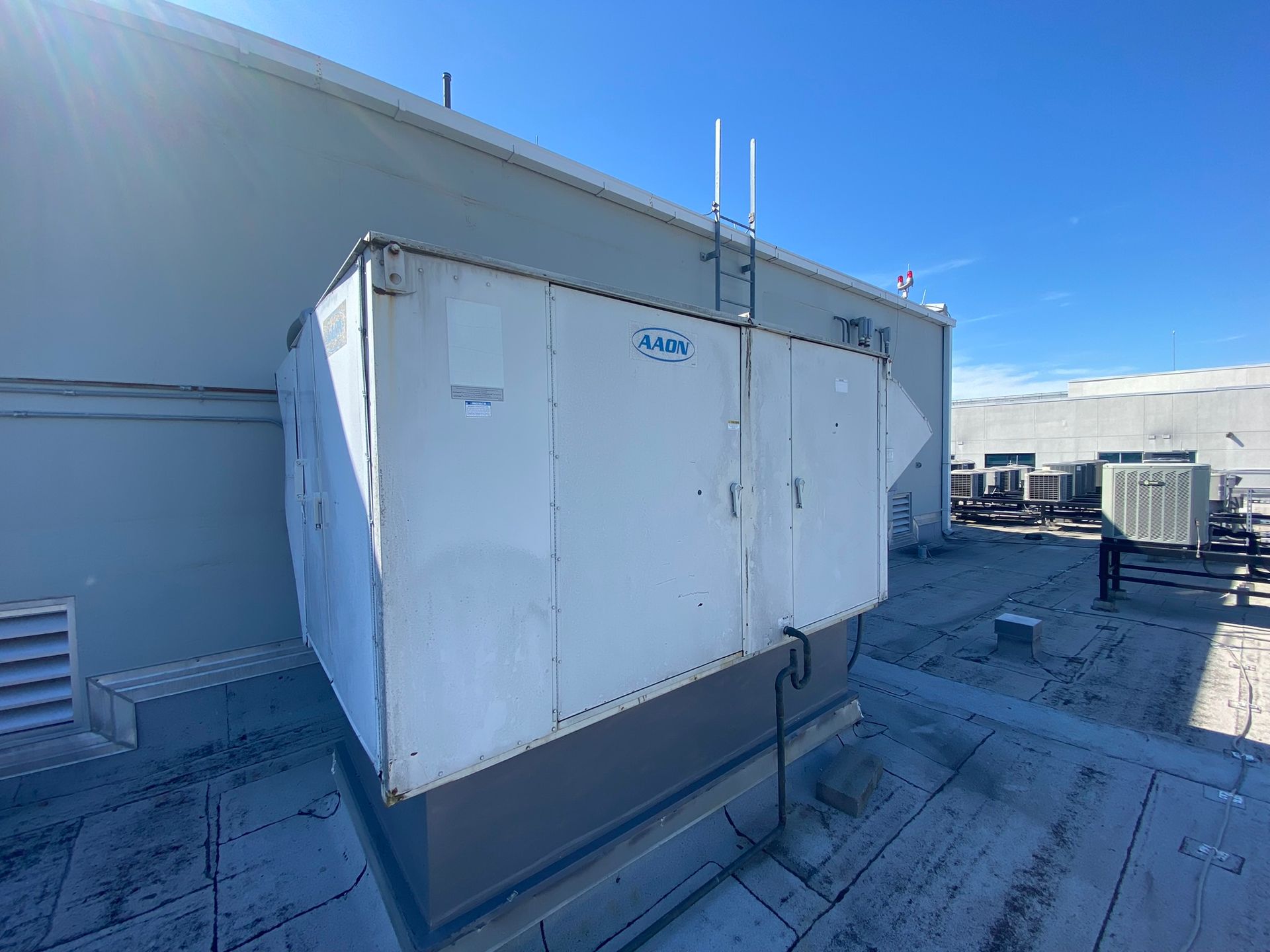Verdius Energy Expands to Orlando: Your BEWES Compliance Partner
🚀 Orlando property owners, it’s time to take action.

The Building Energy & Water Efficiency Strategy (BEWES) is in full swing, requiring thousands of commercial and multifamily buildings to benchmark energy and water use, undergo audits or retro-commissioning, and submit reports—or face financial penalties.
At Verdius Energy, we’re excited to announce our official expansion into Orlando, bringing our proven energy compliance services to help property owners avoid fines, maximize savings, and streamline the entire BEWES process.
In Atlanta, we’re the only firm specializing in Atlanta CBEEO compliance, and we are bringing this energy to Orlando—so whether you need benchmarking, an audit, retro-commissioning, or an audit exemption, we handle everything for you.
What is BEWES and Why Does It Matter?
The Building Energy & Water Efficiency Strategy is a City of Orlando ordinance that requires buildings ≥50,000 sq. ft. to:
✅
Benchmark energy & water use annually using ENERGY STAR Portfolio Manager
✅
Complete an energy audit or retro-commissioning every 5 years, starting in 2025, if the building underperforms
✅
Submit transparency and compliance reports to avoid penalties
Ignoring these rules? Expect fines and enforcement actions.
But smart property owners see BEWES as an opportunity for the community, not a burden.
💰
$208 million in projected energy savings by 2030
💼
561 new high-wage jobs created in Orlando’s energy sector
💧
900 million gallons of water saved
🌍
$64 million in healthcare savings from better air quality
Orlando’s largest buildings waste millions on inefficient energy use. BEWES isn’t just about compliance—it’s a chance to cut costs, increase asset value, and boost NOI.
How Verdius Energy Makes BEWES Compliance Easy
We’ve helped hundreds of commercial buildings navigate energy compliance regulations in Atlanta, and now, we’re bringing that same turnkey approach to Orlando.
🔹
Step 1: Benchmarking & Reporting
We track & submit your building’s
energy & water data to the city—required annually. Most building owners don’t realize that
benchmarking alone can cut energy waste by
2.4% per year.
🔍
Step 2: Energy Audits & Retro-Commissioning
If your building ranks in the
lower 50% of efficiency, you must
complete an energy audit or retro-commissioning every five years, starting in 2025.
✔
Energy Audits – Identify inefficiencies, operational improvements & upgrades using findings from the field and utility data analysis
✔
Retro-Commissioning – Optimize existing control systems,
with a typical 1-year payback
📝
Step 3: Audit Exemption Assistance
Not every building needs an audit—but
most owners don’t know they qualify for an exemption. We help you:
✔ Determine if your building meets exemption criteria
✔ File the necessary paperwork to the City of Orlando
✔
Skip the audit and save money
🚀
Step 4: Financial Incentives & Penalty Protection
BEWES compliance comes with
major financial opportunities. We help clients access:
✔
PACE financing, rebates, & utility incentives to fund efficiency upgrades
✔ Strategies to
reduce operational expenses and increase NOI
✔
Guaranteed compliance—so you
never get fined
Why Work With Verdius Energy?
BEWES compliance isn’t optional—but choosing the right partner makes all the difference.
✔
Orlando’s Only BEWES Compliance Specialists – We know the rules, deadlines, and city processes inside and out.
✔
Certified Engineers & Energy Managers – Our team includes
Professional Engineers (PEs) and Certified Energy Managers (CEMs).
✔
Full-Service Compliance –
No paperwork, no city runaround, no risk of missed deadlines. We handle it all.
✔
Huge ROI – The average building
saves $5.30 for every $1 invested in compliance.
✔
We Find Every Possible Savings Opportunity – Whether it’s an
audit exemption, retro-commissioning, or financing incentives, we make sure you
never spend a dollar more than necessary.
What’s Next? Take Action Now Before Deadlines Hit
The City of Orlando isn’t waiting. Compliance is required—and penalties are real.
But if you work with Verdius Energy, you won’t have to worry.
💰 We guarantee compliance, secure every available financial incentive, and turn BEWES into a profit opportunity for your building.
📅 Don’t wait until you’re facing a fine. Get ahead of the deadlines NOW.
👉 Book a Free Consultation Today 👈
Welcome to the future of energy efficiency in Orlando. Let’s build a smarter, more sustainable city—together. 🚀










